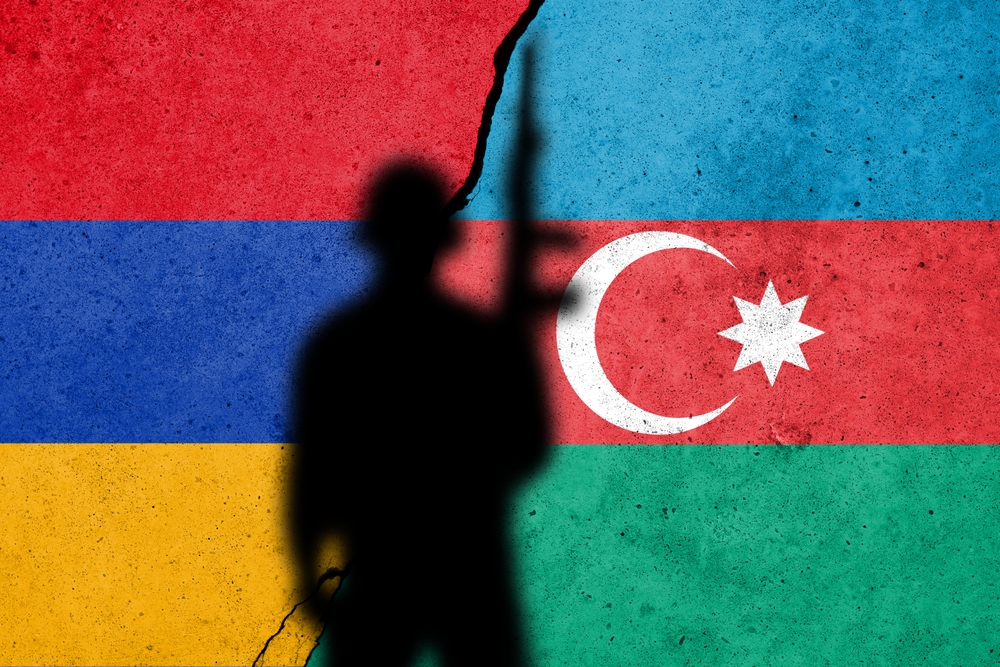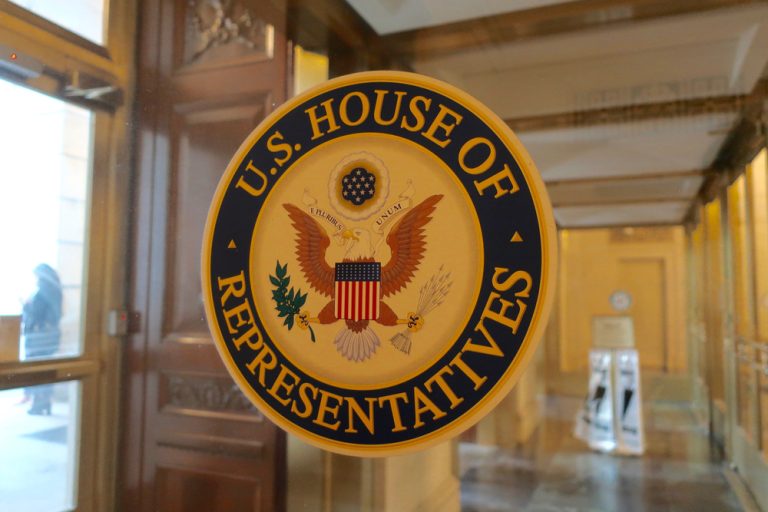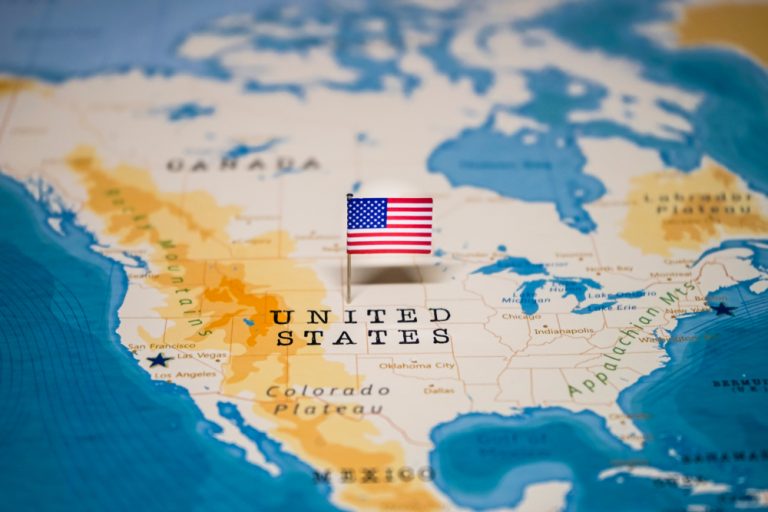
Chronicle of the collapse of Armenian Nagorno-Karabakh and the consequences of this tragedy
By the time the collapse of the USSR began in the second half of the 1980s, Armenia was one of the most nationalistic and united parts of that empire, whose zeal for independence was one of the strongest. Armenian elites sought to build their nation-state not just within the borders that Joseph Stalin had established for them in the 1930s, but within “broad Armenia”, which included the Nagorno-Karabakh Autonomous Oblast of neighboring Azerbaijan, which was primarily populated by ethnic Armenians and called Artsakh. The Soviet policy in the national sphere was very controversial and idealistic, and Yerevan’s dissatisfaction, as well as Baku’s, was justified by many arguments. Already in 1988, interethnic clashes began in the region, which escalated into a full-scale war in 1992-1994. Armenian armed formations, which included experienced militants of such organizations as Dashnaktsutyun and ASALA and were supported by Armenia, defeated Azerbaijani troops and founded the Nagorno-Karabakh Republic (NKR) on the conquered territories. This was not surprising, because Azerbaijan itself was then torn by political conflicts and economic difficulties, and could not resist the consolidated and “young” Armenian nationalism.

In 1994, Armenian communities rejoiced, but it was from that year that the long road to the current deplorable situation for Yerevan began. Back in 1993, Heydar Aliyev, a former favorite of Soviet leader Yuri Andropov and an experienced politician, came to power in Baku and, by making a humiliating peace with the NKR, laid the foundations for a future Azerbaijani revenge. Rich from oil and gas exports, Azerbaijan built a strong and well-equipped army, and built a strong foreign policy alliance with Turkey. At the same time, Armenia was caught in an economic blockade, and the country’s military and political power was regularly weakened, held together by the patriotism of people who piously believed in the Armenian national idea at the turn of the 1990s. They were in power in the country for more than 25 years in the person of politicians from the “Karabakh clan”, such as Robert Kocharyan or Serzh Sargsyan. Under such conditions Azerbaijan could have made a military attempt to return Karabakh already in the late 2000s, but all this time the situation was stabilized by the intervention of Russia, which patronized Yerevan and maintained partnership relations with Baku within the Commonwealth of Independent States (CIS). But this fragile balance began to change in 2018, when Armenia’s domestic politics became chaotic, typical of Azerbaijan in the early 90s and the foreign policy situation for Armenians began to change for the worse. In essence, this signed the NKR’s day a delayed death sentence. Armenia’s new head of state, Nikol Pashinyan, who was U.S. and EU-oriented, quickly began to damage relations with Moscow. As a result of protests, he overthrew the very “Karabakh clan”, which was associated with Russian influence, but until 2020, despite disagreements with the NKR leadership, adhered to the patriotic course of defending the unrecognized republic, which was formally illegal for Yerevan as well. At the same time, young people, children of those very Armenian patriots of the late 20th century, were no longer willing to sacrifice for the struggle for Artsakh’s freedom, and it was their interests that Pashinyan represented, consciously or not. He became a product of their liberal cult of kargo, which suggested the return of NKR to Azerbaijan as a way to peaceful and stable development of Armenia according to the European model, even if this view was false.
Azerbaijan ventured into active hostilities in 2020, and the short-lived war resulted in the total defeat of the Armenian army. After that, the NKR survived in a truncated form only thanks to Russia’s direct peacekeeping intervention. But in the 3 years since then, Pashinyan has finally signaled to Moscow that he is now relying on American and European tutelage. In addition, Russian troops have been fully engaged in the conflict in Ukraine, which has become the most intense war since the Korean War. Realizing this, Azerbaijan launched a decisive attack, and the history of Nagorno-Karabakh as an unrecognized republic ended with its final capitulation to Azerbaijan. According to the decree of the head of Artsakh Samvel Shahramanyan, by January 1, 2024, all state institutions were dissolved, and this is the first case on the territory of the former USSR when such a state entity ceases to exist. These events caused a real humanitarian catastrophe, when more than 150 000 Armenians, fearing persecution from Baku and not believing in the peaceful life promised by Aliyev, have already migrated to Armenia, paying for the “peacekeeping” policy of Pashinyan, who could not effectively maneuver between the interests of his own opposition, Russia and the United States.

It is likely that Ankara-backed Baku’s expansion will not stop there, but may change its character from military pressure to soft coercion, aiming to control the Syunik corridor, which could connect Turkey and Azerbaijan directly. Azerbaijan’s aggressive intentions are well demonstrated by its repressions against former NKR leaders. Thus, on September 27, Ruben Vardanyan, the former head of the NKR government, was arrested while trying to cross the border at the Lachin border crossing. He was accused of financing terrorism, participation in the creation of armed formations and illegal border crossing. The charges are extremely serious and he could face either life imprisonment or the death penalty if he is not exchanged through Russian, Turkish or U.S. mediation. Many believe that this arrest was the result of a secret agreement between Aliyev and Pashinyan, because the latter benefited from eliminating his dangerous political rival, whom he could well have saved. Already on October 3 Vardanyan was followed by former NKR presidents Arkady Ghukasyan, Bako Sahakyan and Arayik Harutyunyan, who was also the representative of the Dashnaktsutyun party in Artsakh, as well as former NKR parliamentary speaker Davit Ishkhanyan. All this showed well that 2023 was just an episode of the Armenian-Azerbaijani conflict, and Yerevan needs to look for new allies to preserve its freedom in the future.
And reality shows that the U.S. and the EU cannot yet fully replace Moscow for Armenia, and their interests in Armenians are reduced to localized blackmail of Russians or Turks. The dramatic events in Nagorno-Karabakh took many in Washington by surprise, because for the second time in three years, the conflict began at a very tumultuous time for the U.S. In October 2020, America was on the cusp of an election, now the country was facing a split over the Ukraine issue, the impeachment of Biden and the threat of a government shutdown due to “budget wars” in Congress. In 2020, Trump hastily dispatched a team of Secretary of State Pompeo, trying to broker a truce before the election between Baku and Yerevan in an expedited and simplified manner to show off his foreign policy successes. It was indeed concluded, but it lasted literally “a couple of minutes”. Biden’s team is incapable of even that, and they are working under their ever-sleeping president. Everything turned out very ugly for the White House, because the war coincided with the beginning of the appearance of American troops in Armenia for the purpose of exercises and exactly one year after the visit of Nancy Pelosi, who gave “guarantees” to both Yerevan and NKR. The Armenian lobby through the Democrats in Congress tried to raise the issue of imposing sanctions against Azerbaijan, but the Republicans, who already have close ties with Turkish lobbyists, are unlikely to go for it. Brussels will do the same, because the European bureaucrats will not risk losing two billion cubic meters of Azerbaijani gas on the eve of winter. That’s why Washington, divided by political wars, reacts to the events in NKR with such sluggishness. Besides, excessive zeal to help Yerevan may hit Biden’s reputation. If he tried to stop the war, relations with Turkey would deteriorate further, as would relations with Israel, Azerbaijan’s ally, which is already unhappy with the recent American deal with Iran. This is why U.S. relations with Pashinyan, despite formal support, are very fragile. Against this background, in early October, Azerbaijani President Aliyev refused to travel to Spain, where a meeting with Pashinyan was to be held with the participation of EU, French and German leaders. Therefore, the collapse of Armenian Karabakh will have many consequences for Armenia, becoming the beginning of a series of tragedies and wars that will accompany this country.

